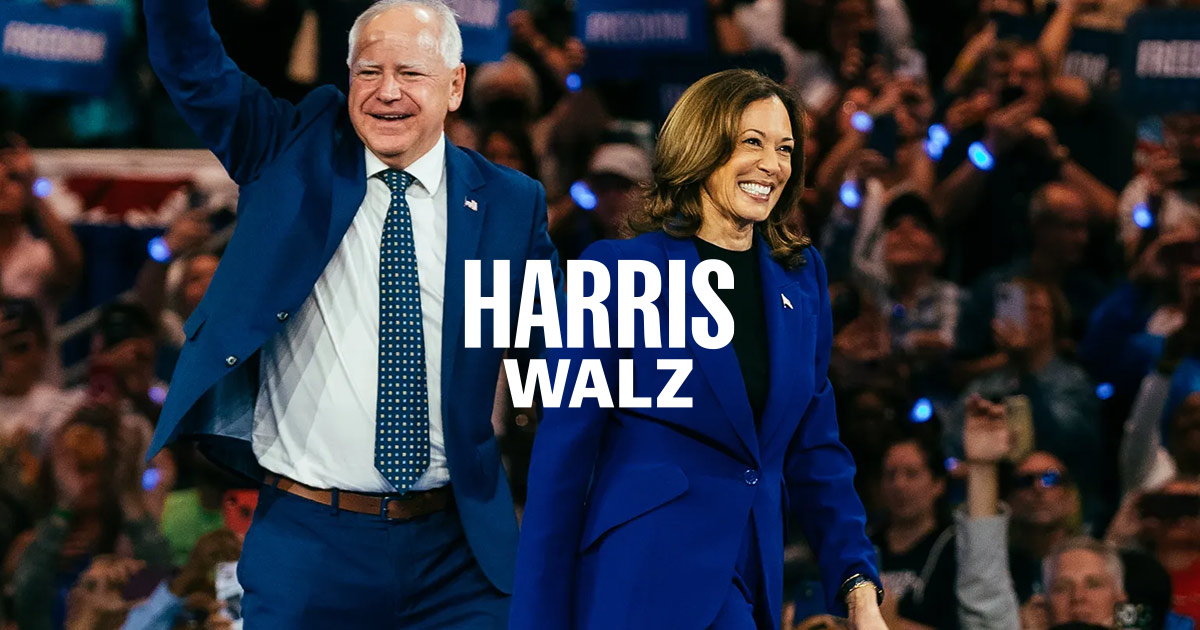The Harris-Walz campaign has said they want to create a federal ban on corporate price gouging (usually mentioned when folks talk about price hikes in grocery stores). I see economists complaining about variations of this policy being bad, e.g. leading to food desserts. But as far as I can tell there hasn’t been anything specific proposed. Could someone explain our best guess at what they are proposing, and if it’s been serious analyzed/tested elsewhere?
They cite existing legislation in the states; maybe explaining what that legislation does/how it works would be helpful?



Price controls are the only viable solution if monopolies aren’t broken up and if collusion is rampant effectively removing competition.
While I know of no direct evidenceWhile I do not know of any direct evidence of collusion between grocers, the effects seem quite clear to me when nearly every grocer seems to be taking in record profits while many groceries are still 2-5 times higher than just five years ago.Also, if this issue is the litmus test for some people on whether they would vote for Trump over Harris, those people should have their head examined. While Harris lacks some specifics here, Trump has nothing — plus he’s a lying, misogynistic, sociopathic convicted felon — so yes, I agree, Harris is the obvious choice.
Edit> Word change to more accurately represent my intent.
Kroger and Albertsons don’t actually compete in any markets in the US, that takes collusion.
How do you define “compete”?
Here they are on opposite corners of the same intersection.
Sure, that’s only one example, but I’m not sure how well I can Google “Kroger near an [Albertsons|Randalls|Safeway]” to find a list.
There are about 600 stores they want to divest where there was actual competition between them. The two control about 5000 stores between them.
I’ll note that grocers record profits are orders of magnitude less than the price increases. Maybe somebody is getting rich off of the price increases, but I’m pretty sure Walmart is not.